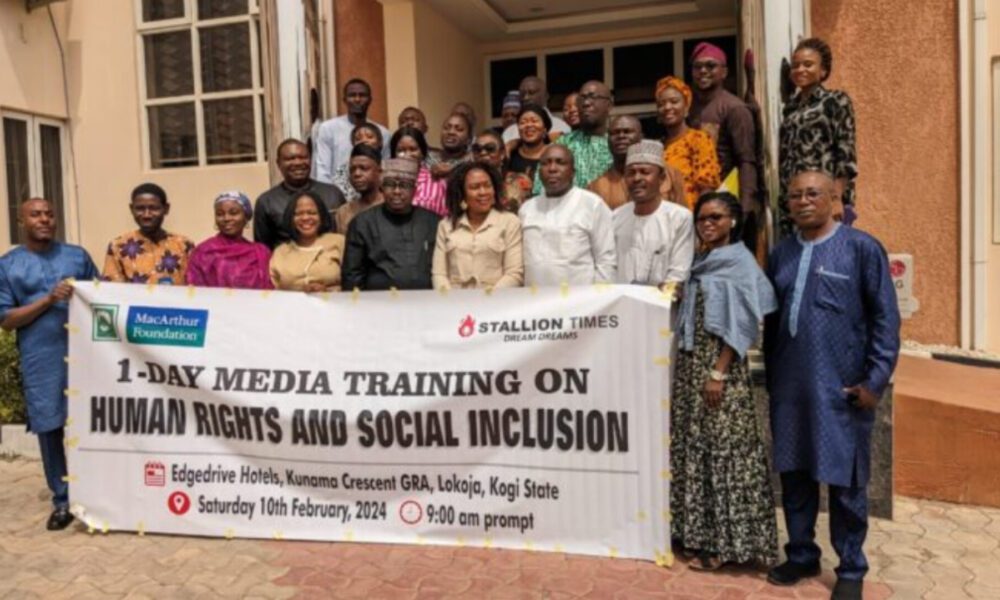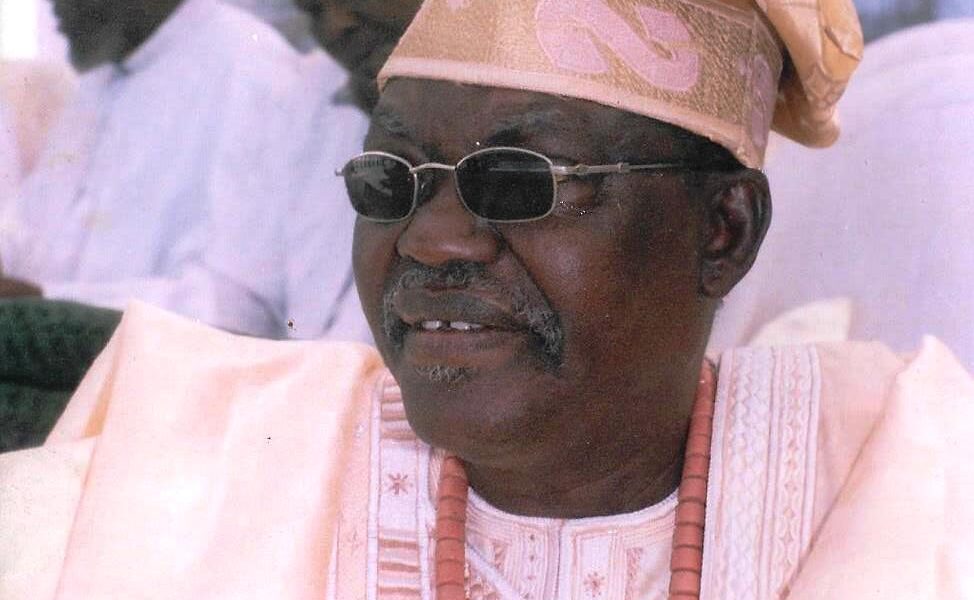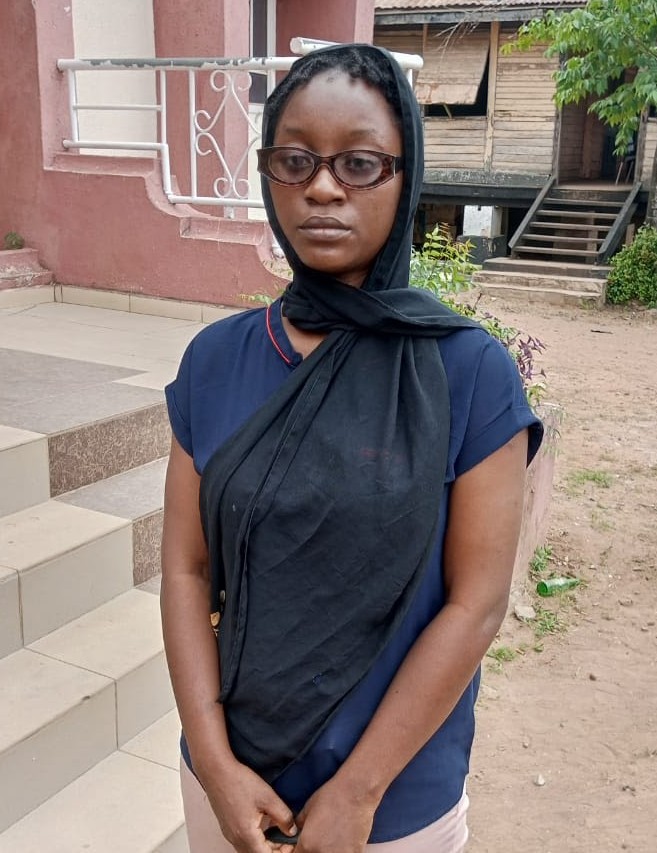By Friday Idachaba, Lokoja.
Stallion Times Media group on Saturday urged practising Journalists in Kogi state to go beyond Sensitization to Human Rights Advocacy, Inclusivity in Governance and Gender Based Violence (GVB) Reportage.
Isiyaku Ahmed, Chief Executive Officer (CEO) of Stallion Times Media made the call in Lokoja at a “One-day Media Training on Human Rights and Social Inclusion” for 30 practising journalists in Kogi State under the aegis of its Get Involved, Dialogue and Improve Project (GDRIP).

The training was organized by Stallion Times in the CMedia Project (Collaborating for media Independence and Government Accountability) with support from the Wole Soyinka Center for Investigative Journalism, funded by the MacArthur Foundation.
Isiyaku said that the objectives of the training include appreciation of conditions for Gender Equity and Social Inclusion in society and Development; Advocacy for Human Rights and Social Inclusion Through News Coverage and Promotion Of Human Rights and Social Inclusion in Kogi State.
He observed that journalists had published enough Sensitization reports on issues of human rights, gender inequality as well as Inclusivity in Governance and should now embark on advocacy and dialogue to enhance participatory governance.
The CEO called for in-depth investigative Reportage on neglected, underprivileged and abandoned communities without government presence and draw the attention of duty bearers to such communities without roads, electricity, water and schools.
Isiyaku revealed plans by Stallion Times under the GDRIP, to evolve a Dialogue Mechanism involving traditional rulers, Community Leaders, Civil Society Organizations, Government Officials and the Media to address issues of development in such communities.
In his presentation on “Gender Equity in Nigeria, Issues, Challenges and Prospects”, Dr Theophilus Abbah, veteran journalist and Programme Director, Daily Trust Foundation said the training was to build capacities of journalists to promote gender parity and report unreported stories of Gender Based Violence.
Abbah said that as long as an issue remains unreported by the Media, it would remain unattended by relevant authorities adding that journalists should continue to awaken the consciousness of the society to mainstreaming gender.
He drew the attention of the pen pushers to the National Gender Policy and its objectives which include gender parity at all levels (sectional and national) with impact on issues of female representation and participation in governance.
Abbah, an award-winning investigative journalist said that Article 2 and 23 of the Universal Declaration of Human Rights state clearly that in all facets of life, the male and female gender are equal and encouraged journalists to report factors militating against gender parity in Political, Social, Cultural and Religious spheres.
In his goodwill message at the workshop, Ismail Isah, Special Adviser on Media to Governor Ahmed Usman Ododo solicited co-operation of the Journalists and urged the Media to help set agenda for the state.
Isah said that Governor Ododo’s administration in the state would create a formidable rapport with the Media and all practising journalists in the state and called for reports that would unite and move the state forward rather than promoting centrifugal opinions.
Mrs Stella Edoka, Kogi Chairperson of the National Association of Women Journalists (NAWOJ) in her as good will message, urged Media outfits to reinvigorate their gender desks by churning out more gender stories that engender Inclusivity and participation especially of the womenfolk. (Ends)




